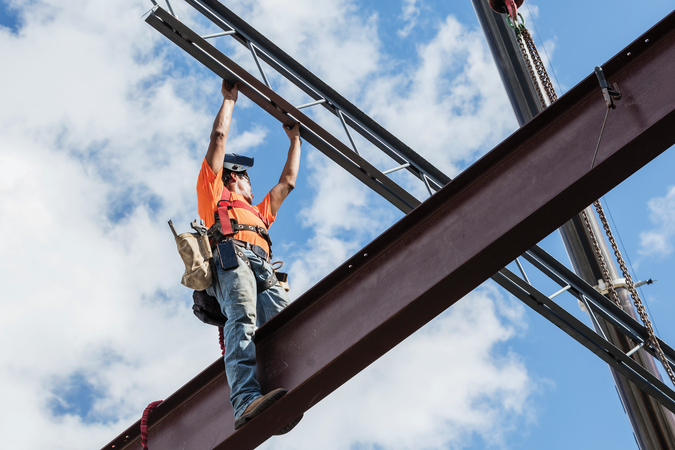Community-Engaged Economics Research for the Clean Energy Transition
This working paper makes the case for broader adoption of community-engaged research in environmental economics.
Abstract
The Inflation Reduction Act (IRA) of 2022 allocated substantial resources to propel the clean energy transition, specifically emphasizing equity for environmental justice communities and low-income households. Although the IRA holds promise for significant emissions reductions, achieving the goal of equitable outcomes is less assured and thus may necessitate active community involvement in research. Environmental economists are uniquely positioned to evaluate the IRA’s impact on environmental justice outcomes, but conventional approaches to economic policy analysis may not sufficiently address the intricacies of this endeavor.
This paper examines the role of community-engaged research (CEnR) in environmental economics, evaluates its adoption within the field, and highlights its potential for enhancing research methodologies. CEnR represents an evolution in research practices, encompassing ethical considerations and placing community perspectives at the center of academic analyses. More broadly, it underscores the value of integrating community insights into economic research to ensure that our research is grounded in real-world conditions and that our clean energy policy evaluations reflect the needs, concerns, and interests of the participating communities.
Authors

Danae Hernández-Cortés
Arizona State University

Neha Khanna
Binghamton University

Mehri Mohebbi
University of Florida Transportation Institute




